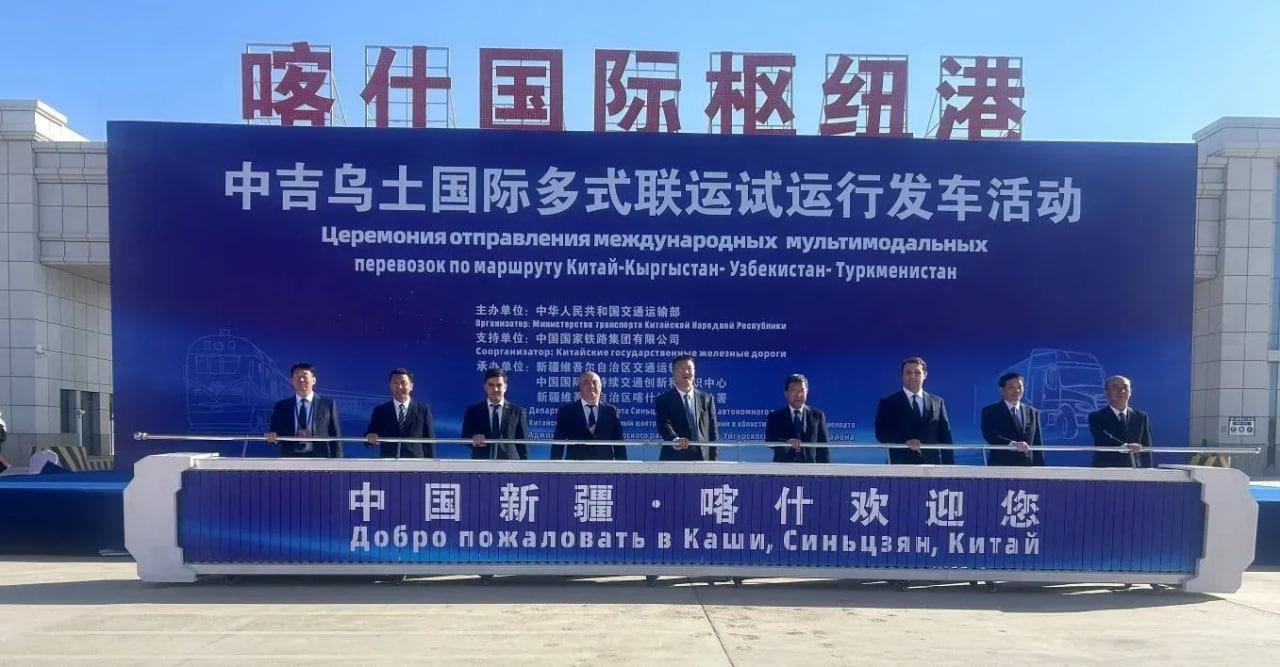TURKISH GROUND OFFENSIVE SET TO DEEPEN RIFT WITH IRAQI KURDS
TURKISH GROUND OFFENSIVE SET TO DEEPEN RIFT WITH IRAQI KURDS
Yesterday, February 21, the Turkish Armed Forces (TAF) stepped up the psychological pressure on the Kurdistan Workers’ Party (PKK) by staging a cross-border land operation into northern Iraq. Initial unconfirmed reports suggest that up to 10,000 Turkish troops had crossed into Iraq to strike at suspected PKK forward bases close to the Turkish border.
Since Turkey first began to stage air strikes against PKK camps in northern Iraq last December, it has insisted that it would also consider a ground offensive. However, with the mountainous area along the border between Turkey and Iraq still deep in snow, most analysts had expected the TAF either to limit ground operations to pinpoint operations by commandos trained in winter warfare or wait until the beginning of the spring thaw before launching a large-scale ground offensive. However, early this morning, February 22, the Turkish General Staff posted a statement on its website announcing that a ground operation had been launched at 19.00 (17.00 GMT) the previous evening, following an eight-hour artillery bombardment of suspected PKK positions (TGS website, February 22).
It is currently unclear whether the decision to stage the operation was taken by the TGS or the Turkish civilian government. Speaking on Turkish television, several pundits suggested that the final decision to launch the operation must have been taken at the four-hour February 21 meeting of the National Security Council (NSC), which concluded at around 17.00 (15.00 GMT) and which had originally been expected to be dominated by the ongoing row over the Turkish government’s attempts to lift the university headscarf ban (see EDM, February 19). However, the artillery bombardment began several hours before the NSC convened.
The surprise announcement of the ground offensive has been greeted with jingoistic euphoria in the Turkish media. “Ten thousand heroes in northern Iraq,” trumpeted the website of the best-selling daily Hurriyet (Hurriyet website, February 22).
However, the operation is unlikely to have a substantial impact on the PKK’s military capabilities. The organization’s bases and supply depots have always been scattered across a wide area and were distributed even more thinly when Turkey began to launch air raids into northern Iraq in December. While the PKK’s lack of any armor or heavy weaponry means that its units are highly mobile, they are unlikely to have been waiting in large numbers to confront the Turkish army.
But the psychological impact of the ground offensive is likely to far outweigh the purely military repercussions and deliver another blow to the PKK’s already sagging morale. In fall 2007 the organization launched a series of high-casualty attacks against the TAF inside Turkey, apparently confident that the United States would prevent Ankara from launching any air or ground attacks against its bases in northern Iraq for fear of destabilizing the most peaceful area of the country. The PKK’s sense of security was badly shaken by Washington’s tacit support for the Turkish air raids. The land operation will further depress morale and force the organization even more onto the defensive ahead of the spring thaw, which has traditionally marked the beginning of its active season.
But the land offensive will also further fuel what was already growing resentment in Iraq at Turkey’s air raids against suspected PKK positions. The TGS has repeatedly insisted that it is targeting only PKK militants. However, both Iraqi officials and local residents in the areas affected have reported that most of those killed in the air raids have been civilians. The Iraqi Kurdish militia, known as peshmerga, are not strong enough to oppose what is one of the most powerful armies in the region. However, there have recently been reminders of how easily tensions can escalate into violence.
Turkey has had a brigade deployed in northern Iraq for over a decade. Originally, it was meant to be monitoring a ceasefire agreement that had put an end to factional fighting between the Kurdistan Democratic Party (KDP) of Massoud Barzani and the Patriotic Union of Kurdistan (PUK), which is led by Jalal Talabani. However, in recent years it has been used both as a platform for intelligence gathering against the PKK in northern Iraq and as a reminder of Turkish military strength should the Iraqi Kurds ever consider pushing for full independence, which Ankara has consistently resolutely opposed.
On February 21, Reuters news agency quoted an Iraqi Kurdish official as reporting a clash between the peshmerga and the Turkish brigade based in northern Iraq. The report was swiftly denied by the TGS, which posted a statement on its website dismissing the report of a clash as groundless and without any basis in reality (TGS website, February 21).
In fact, even if there was no armed clash, there was a serious confrontation. In what may have been preparation for the subsequent Turkish ground offensive, on February 21, Turkish troops in tanks and armored cars left one of their bases and moved to secure two main roads in the northwestern Iraqi province of Dahuk. They were stopped by a unit of peshmerga. After a standoff lasting 90 minutes, the outnumbered Turkish soldiers retreated to their base, which was then surrounded by peshmerga who kept it under close watch throughout the night.
The TGS is aware that neither the United States nor the international community would be prepared to accept a large long-term Turkish military presence in northern Iraq or the creation of a semi-permanent Turkish security zone on Iraqi territory. Ultimately, the cooperation of the Iraqi Kurds is likely to be essential to eradicating the PKK presence in northern Iraq. But, however damaging the Turkish land offensive may be to PKK morale, it is unlikely to persuade the Iraqi Kurds to be more cooperative.


